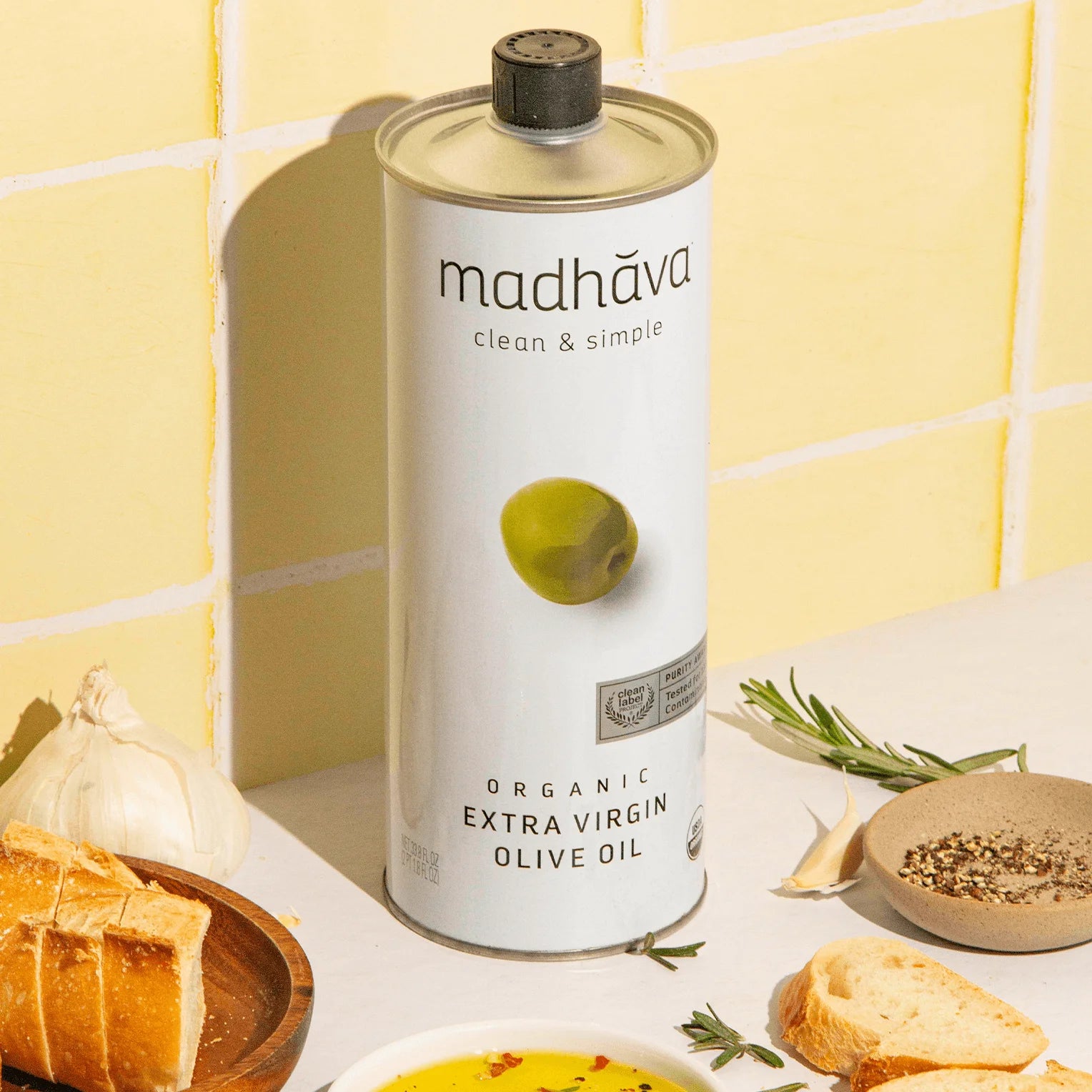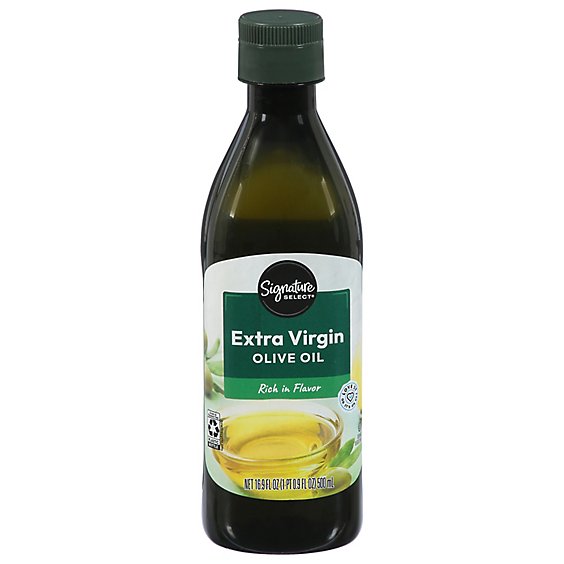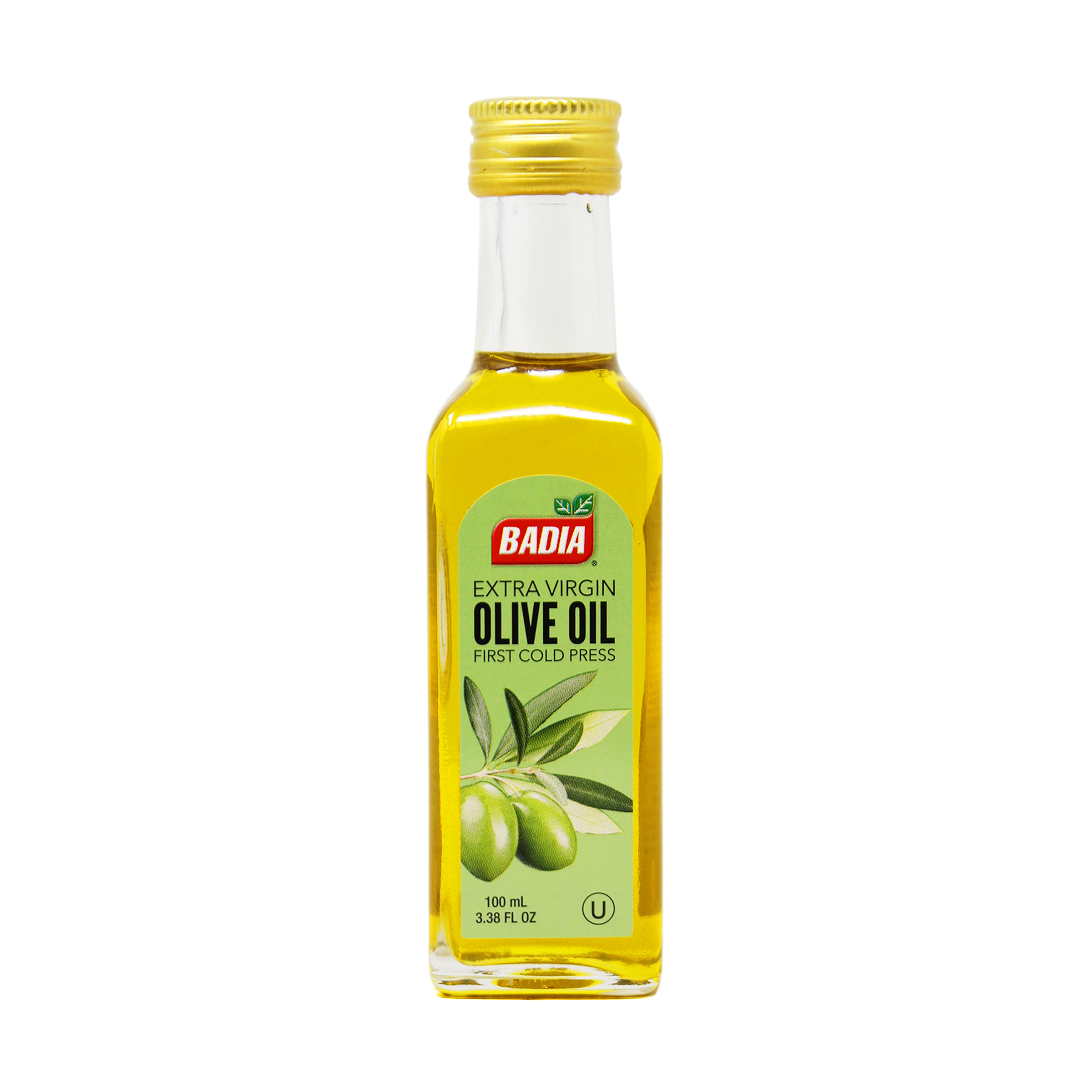Checking Out the Various Kinds Of Olive Oil and Their Uses, Consisting Of Additional Virgin Olive Oil
The exploration of olive oil incorporates a diverse array of types, each offering cooking applications and unique tastes. Additional virgin olive oil, renowned for its remarkable high quality and health advantages, serves as a staple in several cooking areas, yet it is just one element of this complex component.
What Is Olive Oil?
Originated from the fruit of the olive tree, olive oil is a staple in Mediterranean food and a crucial active ingredient in different culinary applications. This versatile oil is created by pushing entire olives, causing a fluid that varies in fragrance, color, and flavor depending upon the kind of olives made use of, the region of farming, and the extraction process. Olive oil is primarily composed of monounsaturated fats, especially oleic acid, which is understood for its possible health and wellness advantages, consisting of anti-inflammatory homes and cardio assistance.
In enhancement to its cooking usages, olive oil has a lengthy background of application in typical medication and skin care, owing to its abundant antioxidant web content (extra virgin olive oil benefits). The oil is commonly made use of in dressings, sauces, and for cooking approaches such as sautéing and roasting. Its distinctive taste account can improve the preference of numerous recipes, making it a necessary component for both home cooks and expert cooks
In addition, olive oil is commemorated for its function in the Mediterranean diet plan, which is connected with various health advantages. As understanding of these advantages grows, olive oil remains to get popularity worldwide as an essential part of a healthy and balanced way of life.
Types of Olive Oil
Recognizing the different kinds of olive oil is vital for both culinary lovers and health-conscious consumers. Olive oil is identified largely based on its removal technique and top quality, which dramatically affects its taste, scent, and health benefits.

Light olive oil, despite its name, describes a lighter taste and not lower calories. It is perfect for those looking for an extra subtle taste in dressings and marinades. In addition, there are flavorful olive oils infused with natural herbs, flavors, or citrus, which can improve dishes without the need for added spices.
Each kind of olive oil offers certain culinary objectives, and recognizing these distinctions enables consumers to make enlightened options that align with their food preparation styles and wellness objectives.
Additional Virgin Olive Oil
Bonus virgin olive oil (EVOO) is commonly concerned as the finest quality olive oil available, popular for its rich taste and many health advantages. To be classified as added virgin, the oil must be generated from fresh olives using mechanical procedures, without making use of solvents or too much warm. This thorough method protects the oil's all-natural flavors, antioxidants, and healthy fats, leading to a product with a reduced acidity degree of much less than 0.8%.
EVOO is plentiful in monounsaturated go fats, specifically oleic acid, which is linked to minimized swelling and improved heart health and wellness. It additionally includes polyphenols, effective antioxidants that may offer protective impacts versus chronic illness. The flavor profile of EVOO can differ significantly depending upon the olive range and area of production, ranging from fruity and verdant to robust and peppery.

Culinary Utilizes of Olive Oil

In cooking, olive oil can be made use of for sautéing, toasting, and cooking, giving a much healthier option to butter or other fats. Its high smoke factor makes it appropriate for different cooking techniques, while its antioxidants add to a heart-healthy diet regimen. Showering olive oil over ended up meals, such as pasta, fish, or barbequed vegetables, can elevate flavors and include a touch of sophistication.
Additionally, olive oil plays a considerable role in baking, where it can change standard fats in recipes for bread and pastries, imparting dampness and a refined taste. It also acts as a base for instilled oils, enabling chefs to trying out tastes such as garlic, herbs, or chili, further increasing its cooking potential. On the whole, olive oil's convenience makes it vital in both home and expert kitchen areas.
Choosing Top Quality Olive Oil
When choosing top quality olive oil, it's crucial to think about several crucial elements that affect the product's health and wellness, taste, and aroma advantages. Most importantly, choose additional virgin olive oil (EVOO), which is obtained from the first chilly pressing of olives and has the highest degree of anti-oxidants and helpful compounds. Look for oils that are accredited by identified companies, as this typically makes certain adherence to stringent high quality requirements.
The product packaging also plays a considerable duty in maintaining the oil's More about the author integrity. Select oils kept in dark glass containers or tins to shield against light degradation. Focus on the harvest date; fresher oils provide remarkable taste and dietary worth, so pick products that are within 18 months of their harvest.
Furthermore, consider the origin of the oil. High-grade olive oils frequently come from particular regions understood for their unique flavor profiles, such as Italian, Spanish, or Greek oils. Lastly, recognize the preference; an excellent top quality olive oil need to have an equilibrium of fruity, bitter, and sharp click this link notes, showing its splendor and intricacy. By evaluating these factors, you can guarantee you are picking the very best olive oil for your cooking demands.
Conclusion
In recap, the exploration of various sorts of olive oil discloses unique qualities and applications, with extra virgin olive oil standing for the pinnacle of quality as a result of its reduced acidity and high antioxidant material. Its convenience in culinary uses improves tastes in dressings, marinades, and showers. Comprehending the different selections of olive oil permits informed selections in cooking approaches, promoting much healthier methods while enriching the total gastronomic experience. Quality choice remains crucial for ideal benefits.
Obtained from the fruit of the olive tree, olive oil is a staple in Mediterranean food and a vital component in numerous culinary applications.The most typical kinds of olive oil consist of refined olive oil, pure olive oil, and light olive oil.Additional virgin olive oil (EVOO) is extensively regarded as the greatest quality olive oil offered, popular for its rich flavor and many wellness advantages. Opt for additional virgin olive oil (EVOO), which is obtained from the initial cold pressing of olives and consists of the highest possible levels of antioxidants and helpful substances.In recap, the exploration of various types of olive oil discloses distinct qualities and applications, with additional virgin olive oil standing for the peak of top quality due to its reduced level of acidity and high antioxidant web content.